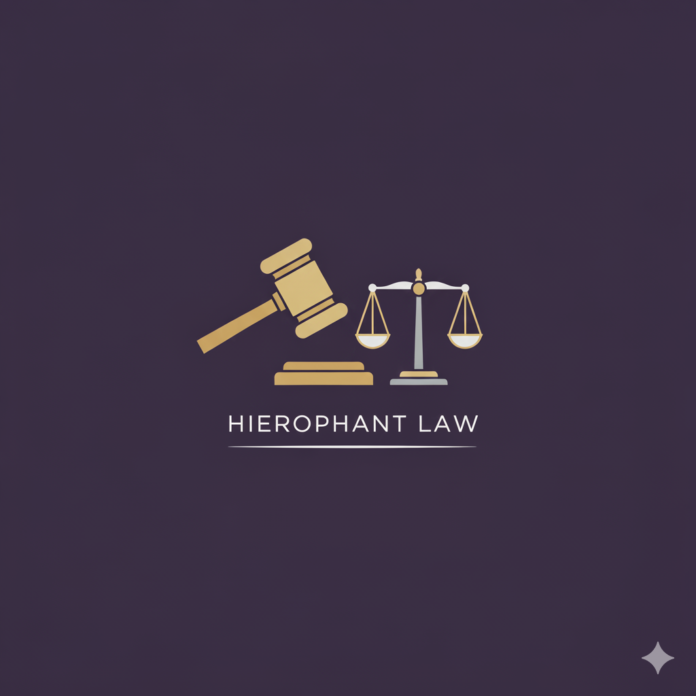(Isstories Editorial):- Baltimore, Maryland Nov 17, 2025 (Issuewire.com) – In cases of suspected Driving Under the Influence (DUI) or Driving While Intoxicated (DWI), many people harbor the dangerously erroneous belief that refusing a chemical test, such as a breathalyzer, is a good legal strategy. The reality is that refusing a breathalyzer in most jurisdictions, particularly in the DMV area, does not make the situation disappear–it instantly triggers a separate, automatic set of severe penalties, regardless of the outcome of the underlying criminal case.
This consequence-laden decision stems from “Implied Consent” laws, which exist in Washington D.C. and Maryland. By simply operating a vehicle on public roads, you have legally consented to submit to a chemical test if an officer has reasonable grounds to suspect you are impaired. Withdrawing that consent (refusing the test) carries immediate and harsh administrative penalties.
Here is a breakdown of the specific consequences of refusing a breathalyzer in Washington D.C. and Maryland.
More on Isstories:
- Mango AI’s Picture to Dance Generator Creates AI Dance Videos From Images
- CLATapult’s Individual Mentorship Program Becomes a Massive Success, Driving 25% Growth in Two Years
- What Is a Math-Based Puzzle Game Worth Playing? — Sudoku – Classic Sudoku Puzzle
- India’s 1st Rosewater Raindance Setup in Wavefire HolyWaves 2026 In Surat Gujarat
- Democrat Jamin Harkness Launches Campaign for Georgia State Senate District 7
Consequences of Refusal in Washington D.C.
The penalties in the District of Columbia are administrative (dealt with by the DMV) and are independent of any criminal penalties for the DUI/DWI charge itself.
Automatic License Revocation
-
First Refusal: Your driving privileges will be subject to a mandatory one-year (12-month) license revocation.
-
This revocation is automatic and occurs even if you are ultimately found “not guilty” of the criminal DUI charge.
-
This is a significant increase from the standard 6-month revocation often faced by a first-time DUI offender who submits to a test.
Admissibility of Refusal in Court
-
In a criminal trial, your refusal to submit to the test can be introduced as evidence by the prosecution.
-
The prosecution may use this to argue a “consciousness of guilt”–suggesting you refused because you knew you were intoxicated and attempting to conceal evidence. This can heavily influence a judge or jury.
Ineligibility for Favorable Agreements
-
For first-time offenders, refusing the test can make you ineligible for certain favorable negotiated resolutions or deferred sentencing agreements that might otherwise be available through the Attorney General’s Office.
Ignition Interlock Device (IID)
-
DC residents who refuse the test may be required to participate in the Ignition Interlock System Program before having their license reinstated.
Consequences of Refusal in Maryland
Maryland’s penalties for refusal are also steep and administrative, handled by the Motor Vehicle Administration (MVA). The refusal is considered a violation of the implied consent agreement.
Automatic License Suspension
The officer will immediately confiscate your Maryland driver’s license and issue a temporary paper license (valid for 45 days). Your license will be automatically suspended unless you request an administrative hearing within 10 days of the stop.
-
First Offense Refusal: Mandatory 270-day license suspension.
-
Second or Subsequent Offense Refusal: Mandatory two-year (2-year) license suspension.
Note: For comparison, a first offense where a driver takes the test and fails (BAC of 0.08-0.14) typically carries a 180-day suspension, which may be modified.
Restricted Driving Privileges (Ignition Interlock)
-
After a refusal, the only way to restore limited driving privileges is to agree to participate in the Ignition Interlock System Program for a set period (often one year).
-
This requires installing a device in your vehicle, which you must blow into before the car will start and often at random times while driving, along with incurring installation and monthly maintenance fees.
Admissibility of Refusal in Court
-
Similar to D.C., the fact of your refusal can be used by the State as circumstantial evidence against you in the criminal case, implying guilt.
Commercial Driver’s License (CDL) Holders
-
For individuals with a CDL, the penalties are even more severe, including a one-year disqualification for a first refusal and a lifetime disqualification for a subsequent refusal, even if the driver was in a non-commercial vehicle at the time.
The Critical Takeaway
While a person has a right to refuse the breathalyzer, the decision does not protect you from a DUI/DWI charge and instead creates a separate and immediate administrative nightmare.
Refusing the test:
-
Does not prevent an arrest.
-
Does not prevent a conviction (prosecutors can use other evidence, such as Field Sobriety Tests, officer observation, and video footage).
-
Triggers an automatic, lengthy license suspension that is often longer than the suspension for a failed test.
-
Can be used against you as an implication of guilt in criminal court.
The widely held belief that refusing a breathalyzer is a smart move is a dangerous myth that results in far more complicated and severe penalties in both Washington D.C. and Maryland.
Hierophant Law




















